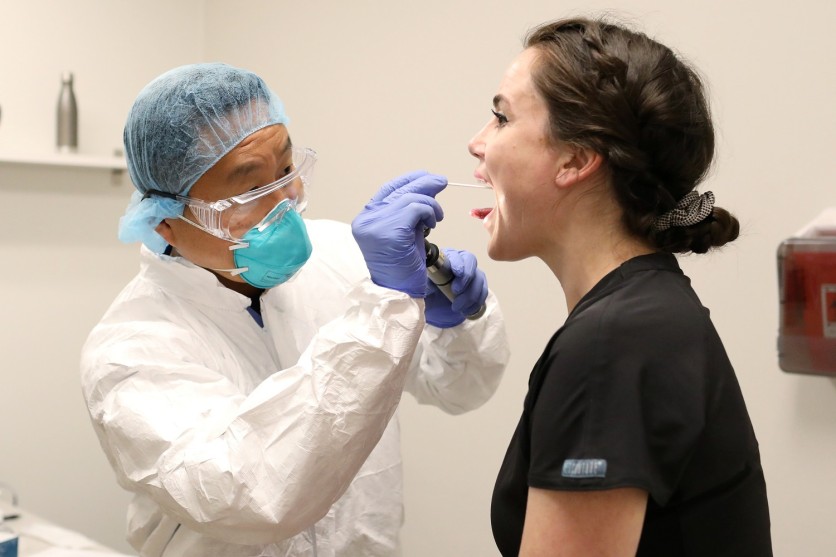Scientists are worried about a small coronavirus mutation that they have been studying for weeks that, according to them, may make it more infectious.
According to Fox News, a new study which is now undergoing peer review, it suggests that the mutation gives the virus about four to five times more spikes, which makes it easier to infect human cells.
"Viruses with this mutation were much more infectious than those without the mutation," says Scripps Research virologist Hyeryun Choe, senior author of the study that used the cell culture system.

"Our data are very clear, the virus becomes much more stable with the mutation," said Choe. The coronavirus gets its crown-like appearance from the spikes, which bonds onto target cell receptors called ACE2.
Coronavirus mutation making it more dangerous
Researchers at Florida's Scripps Research Institute have called the mutation D614G. According to them, it has enhanced the virus's spike protein, the outer structure of the virus that it uses to enter cells. This may explain why the United States and Latin America have high coronavirus cases.
Scripps Research Department of Immunology and Microbiology co-chairman and the study's co-author Dr. Michael Farzan said the mutation makes the spike's "backbone" more flexible. This allows fresh viral particles to navigate from producer cells to target cells with less tendency to fall apart prematurely.
"The SARS-CoV-2 variant that circulated in the earliest regional outbreaks lacked the D614G mutation now dominating in much of the world," the researchers wrote in the report. However, they said it is still unknown whether this mutation affects the severity of COVID-19 infection or the mortality rate.
They recommend further research is needed to confirm their findings and to determine whether the mutation has changed the pandemic's course.
Recovered coronavirus patients may still be at risk
Meanwhile, a new study says that recovered COVID-19 patients in China may still be vulnerable to the mutated form of the virus that spreads overseas.
According to Chongqing Medical University Professor Huang Ailong, it is important to know the risks the D614G mutation presents to recovered patients from different strains of the virus.
The South China Morning Post reported that as early as February, D614G began spreading in Europe. And by May, it became the dominant strain across the globe seen in 70% of sequenced samples in Europe and North America.
A pre-print study published on Biorxiv.org said that antibodies found in patients who had been previously infected were unable to neutralize the mutant strain. The study has yet to be peer-reviewed.

In the latest coronavirus outbreak in a food market in Beijing, 227 new infections have been confirmed, prompting the authorities to test more than 2.3 million residents for COVID-19 to prevent the spread.
The infection was found at various locations in the market, including the mouths of imported salmon. Recently, the whole genome sequencing data of samples from the first three patients all show the D614G mutation.
![Apple Watch Series 10 [GPS 42mm]](https://d.techtimes.com/en/full/453899/apple-watch-series-10-gps-42mm.jpg?w=184&h=103&f=9fb3c2ea2db928c663d1d2eadbcb3e52)



